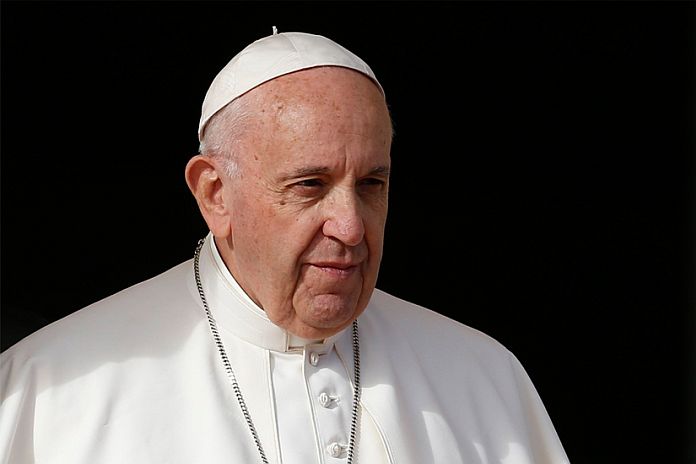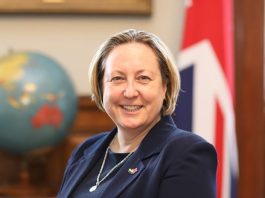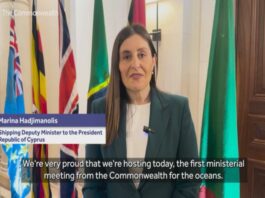By Michael Swan
TORONTO, Canada (The Catholic Register) – Over the last five years retired Ontario Superior Court Justice George Valin has asked three different Canadian Conference of Catholic Bishops’ presidents why the bishops can’t simply, unanimously and open-heartedly invite Pope Francis to apologize on Canadian soil for the long, sad history of Catholic-run residential schools. He has yet to receive an answer.
“As a Catholic lay person and as a practising Catholic, if I ask a respectful question I’m entitled to a complete, candid and transparent answer,” said Valin. “And I didn’t get it.”
Valin now has the backing of nearly 37,000 Canadians who have signed a change.org petition declaring, “Catholic bishops must pursue a papal apology — now.”
CCCB spokesperson Lisa Gall claims the “bishops are listening to all that is being said.”
“Listening and dialogue remain the most critical elements to help with the discernment process, determining what actions need to be taken locally and/or nationally,” Gall wrote in an e-mail to The Catholic Register.
An apology by the Pope on Canadian soil was called for in the 94 Calls to Action issued by the Truth and Reconciliation Commission in 2015. Previously, Pope Benedict XVI met with Indigenous leaders at the Vatican to express his sorrow for the abuses suffered in residential schools that were run the Catholic Church.
In a 2018 letter to the Indigenous people of Canada, the CCCB said Pope Francis “could not personally respond” to the request for an apology, but urged bishops to continue reconciliation efforts. Part of those efforts has resulted in a planned trip by Indigenous groups to meet with Pope Francis in Rome December 17-20.
In Regina, Archbishop Don Bolen indicated Valin’s quest for a papal apology may not be in vain.
“I hear the deep desire from many Indigenous people for Pope Francis to engage in this question in a personal and direct way,” Bolen said. “The delegation (of Indigenous leaders and youth) to Rome is not the last step in that regard, but I truly believe it is the next appropriate step. What follows from that, we will see.”
The Church and the country are faced with a crisis, said Bolen.
“What we are grappling with here is the deepest historical wound there is in this country. It is a wound connected to colonization and everything that flowed from it,” he said. “The residential schools and the investigations of gravesites brings out all the trauma and waves of suffering connected with the schools. It is a critical moment in our history as a nation and a critical moment in our Church.”
Read the full story here.




